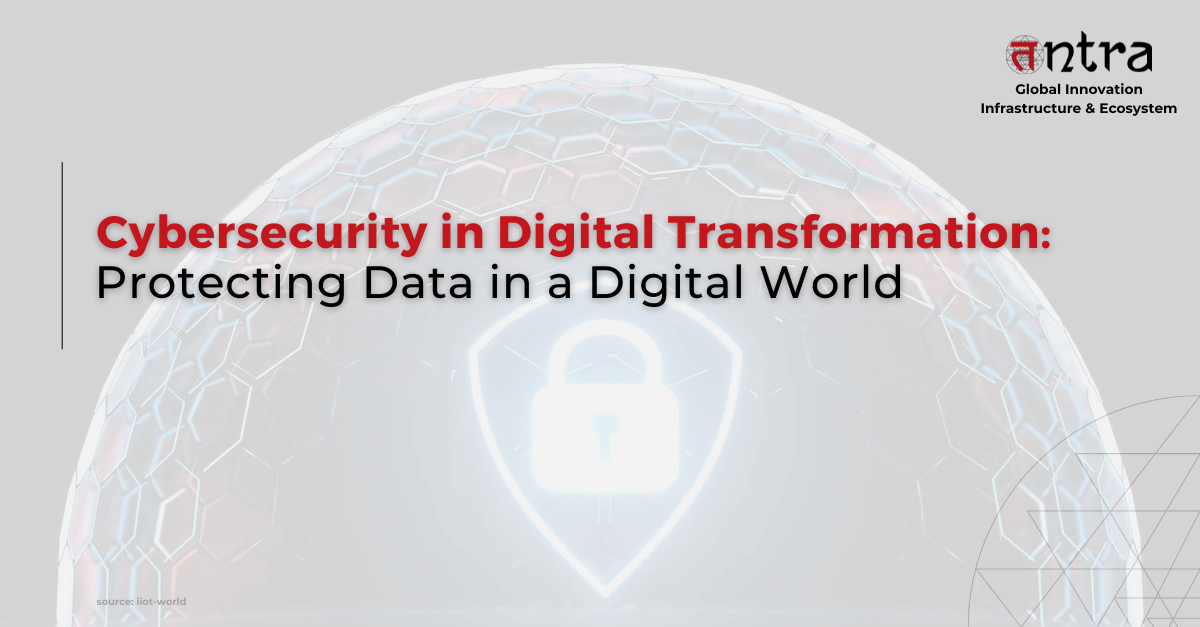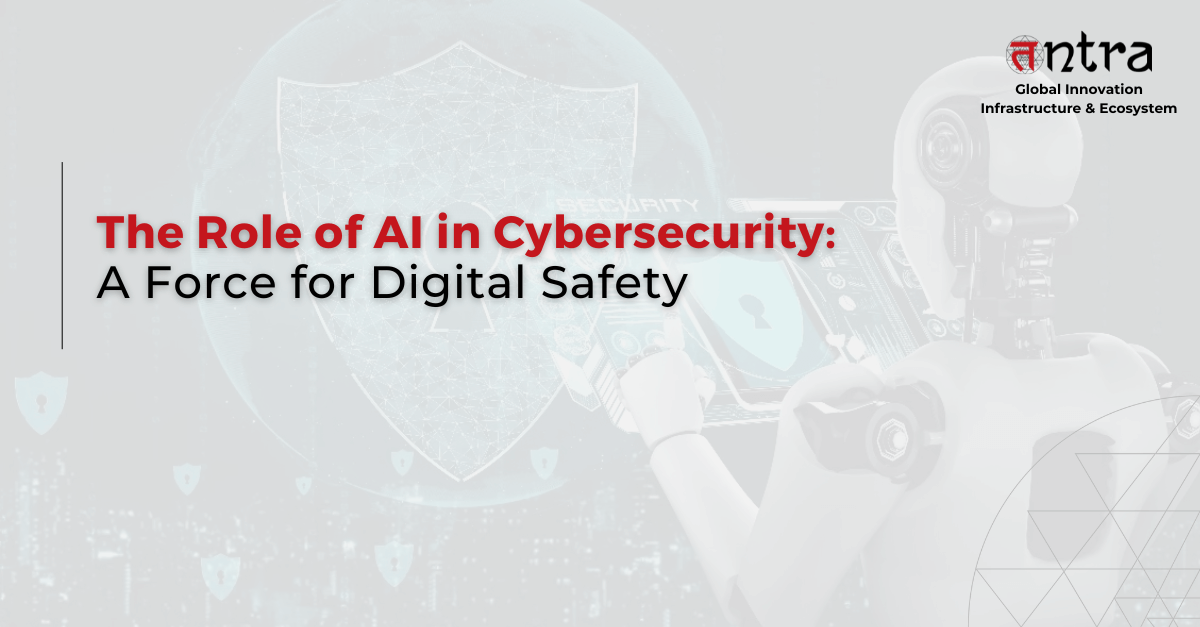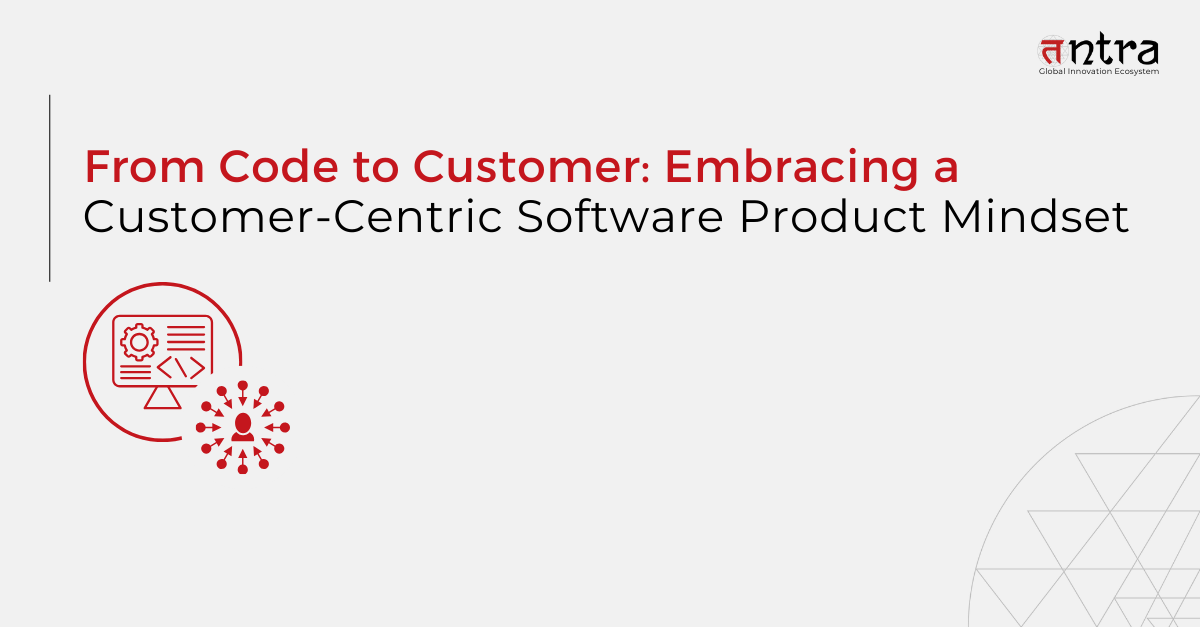
Cybersecurity in Digital Transformation: Protecting Data in a Digital World
Table of Contents
ToggleCybersecurity is essential in digital transformation, safeguarding sensitive data as businesses adopt new technologies. With the rise of data breaches, organizations must integrate robust cybersecurity strategies into their digital transformation services. By focusing on data protection, privacy solutions, and secure software development, companies can protect themselves in a digitally connected world. A strong cybersecurity strategy ensures success in the transformation process, reducing risks and enhancing business growth. Continue reading to learn more.
In 2023, the Clop ransomware organization launched a major cyberattack against the MOVEit Transfer software, which is commonly used for safe file transfers. Sensitive data was exposed as a result of this hack, which impacted several private companies and government organizations.
The Clop ransomware organization gained access to systems and stole data by taking advantage of a flaw in the MOVEit Transfer program. Then, in order to keep the stolen data, the attackers sought ransom payments. Wide-ranging effects of the attack include operations disruption and compromised security of vital data in multiple industries.
In a prompt response, the parent company of MOVEit Transfer released fixes to address the issue and advised all customers to update their systems right away. Affected firms have also been putting in a lot of effort to secure their networks, evaluate the damage, and lessen the impact of the hack.
This incident emphasizes how cyber threats are constantly changing and how crucial it is to keep security measures up to date. In order to promptly handle and recover from such attacks, it also emphasizes how important it is for enterprises to have strong incident response strategies and digital transformation solutions in place.
(Source: Cobalt)
A Growing Need for Cybersecurity in a Digital World
According to cybersecurity data, there are 2,200 cyberattacks per day, with an average of one occurring every 39 seconds. The average cost of a data breach in the US is $9.44 million, and cybercrime is expected to cost $8 trillion.
To make matters worse, according to IBM’s 2023 research, the average cost of a company data breach in 2023 was $4.45 million. Supply chain attacks, however, can significantly outweigh this expense, particularly when it comes to critical APIs.
During a DDoS assault, the average organization loses between $22,000 and $1,20,000 for each minute of interruption. For roughly $5 per hour, hackers can rent online resources to launch assaults in the meantime.
Protecting Data in a Digital World
As businesses opt for digital transformation services, they unlock new avenues for growth, efficiency, and innovation. However, this shift brings new challenges, especially when it comes to securing sensitive data. In this day and age of near-wholesome Internet existence for all things, information has never been more important to keep secure. Cybersecurity in digital transformation is not an add-on in the process; rather, it is a core component of the same.
With the digital transformation landscape changing rapidly, organizations rely on digital transformation consulting services. When companies enter their journey toward digital transformation, they may not think enough about protecting data. In the digital world without cybersecurity, businesses are facing breach attacks, data theft, and other cyberattacks. Data protection is not merely the installation of a firewall; it is a broad approach that, in a digital transformation, ensures its integration in each part.
A solid digital transformation strategy must prioritize cybersecurity strategies for digital transformation. This includes everything from secure cloud adoption to employee training on recognizing phishing attacks. A comprehensive approach ensures that as businesses adopt digital transformation solutions like automation, AI, and IoT, they don’t expose themselves to new risks.
Tntra’s Digital Transformation Services help businesses succeed in 2025. This guide covers key strategies like modernizing systems, using AI, cloud, and analytics to boost efficiency, innovation, and growth. Learn best practices for a smooth digital transformation with Tntra. Checkout our Complete Digital Transformation Guide
One of the chief concerns during this transition is the safeguarding of data in digital transformation. As organizations modernize their operations, data becomes stored and processed in new ways, thus opening up more possibilities for vulnerabilities. This is where cybersecurity and data privacy solutions are being brought into play. Advanced forms of encryption with tight restrictions on access control can be used to ensure that the data has been secured but remains accessible for those who need it.
This is where technology consulting for cybersecurity becomes crucial. Experts guide the organizations to implement the right tools and protocols necessary for protecting data. They can also provide insights on preventing data breaches in digital transformation, preparing businesses for potential threats. With third-party vendors and increased reliance on remote work, it’s important to assess and manage risks as vulnerabilities are sure to creep up.
Software companies also need cybersecurity solutions. Whether they are a software product engineering company or a digital-first organization, secure coding must be integrated into the development lifecycle. Increasing security in the product lifecycle reduces the likelihood of vulnerabilities and ensures that costly breaches are prevented.
Cybersecurity plays a very crucial role in successful digital transformation, to say the least. Companies that fail to address this crucial aspect would only expose their data to such risks, affecting the reputations of their firm, as well as their operations. Protecting data in the digital world is indeed a shared responsibility and, as such, demands vigilance, innovation, and the proper strategic approach. A good cybersecurity framework can help businesses navigate digital transformation safely and confidently.
Tntra, a leading software product engineering services provider, enables companies to protect their data through advanced cybersecurity measures.
Consult us today!





